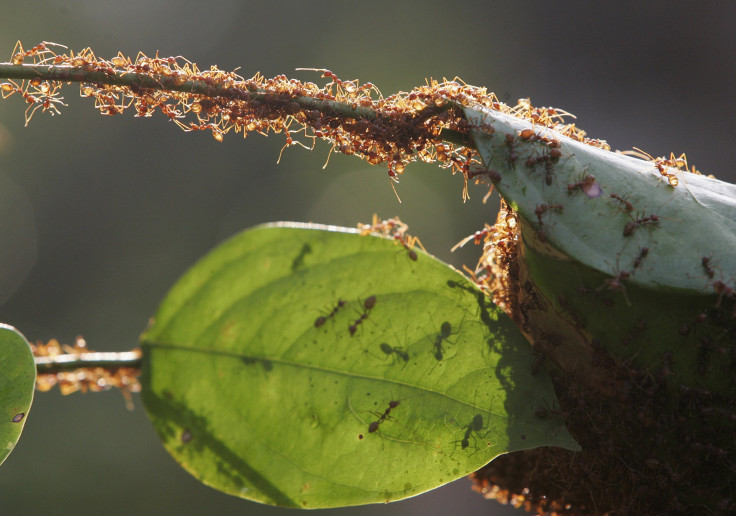Study reveals that epigenetic drugs can make animals change their behaviour permanently

A new study conducted by researchers at the University of Pennsylvania seems to have falsified the previous belief of behaviour being dictated by the genetic material of an individual.
According to the researchers, a dose of epigenetic drugs can have a permanent, life-altering influence of the behaviour of an individual. The researchers based their conclusion on the result of an experiment with ants.
During the experiment, the researchers altered the social behaviour of Florida carpenter ants by injecting their brain with a dose of epigenetic drugs. The injected ants changed their social behaviour by taking up a specific and different role in the community they lived.
The researchers were not sure why ant colonies are defined by castes wherein the minor ants grow up to become food scouts and the major ants assume the role of a working guard. Since the genetic makeup of almost the entire colony of ants was similar, the researchers thus concluded that something external, that is, epigenetic or environmental influences, determine this kind of behaviour in ants.
The researchers decided to focus on epigenetics. It is the study of stable or persistent changes in gene expression that occur without changes in the DNA sequences, reports Phys.org. Although epigenetic factors are known to influence a number of traits in animals including aging and body size, the relation between epigenetic mechanisms and social behaviour was not known until now.
The researchers decided to conduct their study on carpenter ants because each colony comprises of thousands of sisters with almost similar genetic makeup but different social and physical traits. A team led by senior author Shelley Berger found that by changing the amount of epigenetic chemicals called acetyl groups attached to histone protein complexes in ants, the caste-specific behaviour can be altered.
To demonstrate the same, the team reprogrammed the foraging behaviour in ants with the help of compounds that inhibit the removal or addition of acetyl groups on histones. This, in turn, changed the expression of nearby genes in the DNA.
"The results suggest that behavioural malleability in ants, and likely other animals, may be regulated in an epigenetic manner via histone modification," said researcher and lead author of the study, Daniel F. Simola, in a press statement.





















